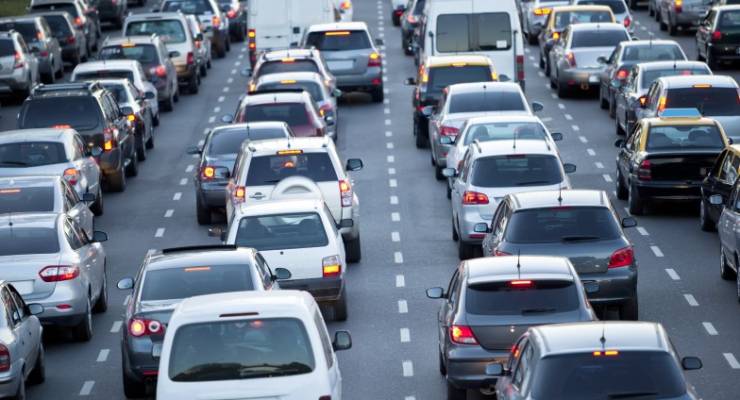
Touch
After our firstborn was safely delivered into this world, I asked my wife about the experience. It had been a Caesarean, necessary but not emergency. What did she remember most, I wondered?
“The theatre orderly’s hand on my shoulder”.
Not the superb skills of the surgeon. Not the way the anaesthetist kept her effortlessly pain-free throughout. (And not me being there the whole time, but fair enough, I was pretty useless). No, what she remembered was the man who simply kept his hand there. Human touch.
I’m an Aussie bloke, more inclined to the firm handshake than the bear hug. (A faux Aussie really, because, try as I might, I cannot get upset when someone loses at football. I’ve tried a few teams on for size. Collingwood? Nah, doesn’t work). But I’ve discovered how much I miss touch at my work as a GP.
Every patient I would normally greet with a handshake, a touch on the shoulder, something. Most I would touch again in some form on departure. Physical connection is therapeutic, and in GP land we use touch a lot. It’s not in the textbooks, there are no controlled trials, yet we know the power of touch. Not for nothing do they talk about the “laying on of hands”.
This form of simple touch is currently denied us, and I miss it. I suspect our patients do, too.
Certainty
You’d think I’d be used to uncertainty. General practice is riddled with it, it’s our stock in trade. They say for 50% of our consultations there’s no diagnosis to make, and when there is, we’re wrong 50% of the time.
This isn’t because we’re hopeless at our jobs, but because we see the whole range, and we see it early when little is fixed. Symptoms may resolve (no diagnosis), be straight from the textbook (right first time!) or shift and evolve (blimey, didn’t pick that).
We’re used to not being sure. But I’ve never been this uncertain before.
Everyone wanting to know what will happen next, where we will be in a month, six months. I have ideas, theories, but they’re no better than anyone else’s. In early February, a friend asked about this new Chinese virus and what was going to happen. Give it a couple of months, I said, it’ll blow over. Nice one, Nick.
I’d like to go back to treating coughs and colds, high blood pressure and diabetes, depression and anxiety — the things I know about — and not have to answer impossible questions about the future course of this infuriating little packet of RNA called SARS-CoV-2.
Traffic
It’s eerie cycling to St Kilda, every day like a public holiday. Eerie, but also scary, because sadly it seems to be the sensible ones who have stayed home. The ones who cut me off, who open their car doors without looking, who are blind to the concept of “bike lane”, are all still out there, their behaviour emboldened by the otherwise empty streets.
The polite, law-abiding pedestrians have also, being polite and law-abiding, stayed at home, leaving only those glued to their phones, deaf to my ringing bell as they step onto the road with their headphones on.
On Victoria Street this Sunday there were a few cars, then a few more, then all of a sudden, there was a traffic jam.
It felt like coming home.







I wonder if the ghastly flu type infection I sustained since inhaling New Delhi air while in India for Diwali May have actually been Coronavirus 19.Back in 2012 people around me had a similar cough and many were at airports.
As no one was tested for such a new virus is it just possible that my lung infection treated by Ayurvedic doctor was already present ?
Every year leaves me dreading a flu after a vaccine because of weakened lung capacity.The cough is dry then becomes bacterial .
I think we must look at pollution levels along with flu epidemics.
Beautiful piece Nick. That thing about touch is so true.
It’s been 6 weeks since I last touched a living soul. Feels like 6 years.
It will be fascinating and (possibly) quite scary to see how the virus plays out in the next few months.
I hope Dan Andrews is wrong with his caution about schools etc. But I’m glad he’s made that choice.
As a pedestrian who considers walking an hour to get to a destination close, I definitely don’t miss the anxiety of being surrounded by cars driven by humans, the noise, piggish behaviour, oh and of course the toxins these machines spew into the air. Unfortunately am encountering these same types now on foot around me. They have gone from hogging roads to the now almost non existent footpaths left in the aftermath of big roads bring big dollars and outdoor dining brings councils big dollars.